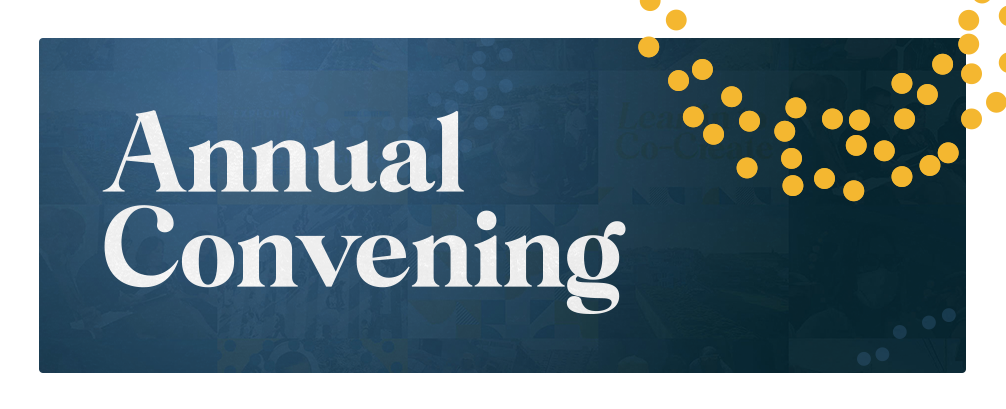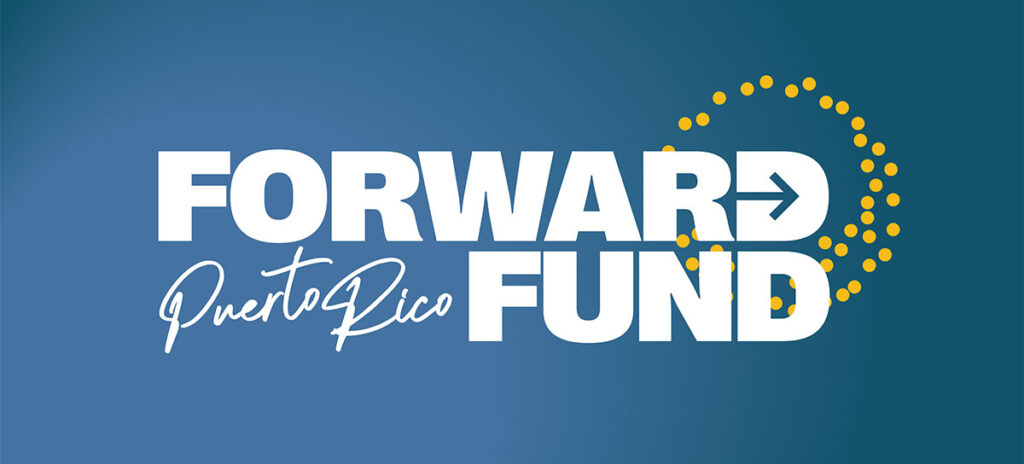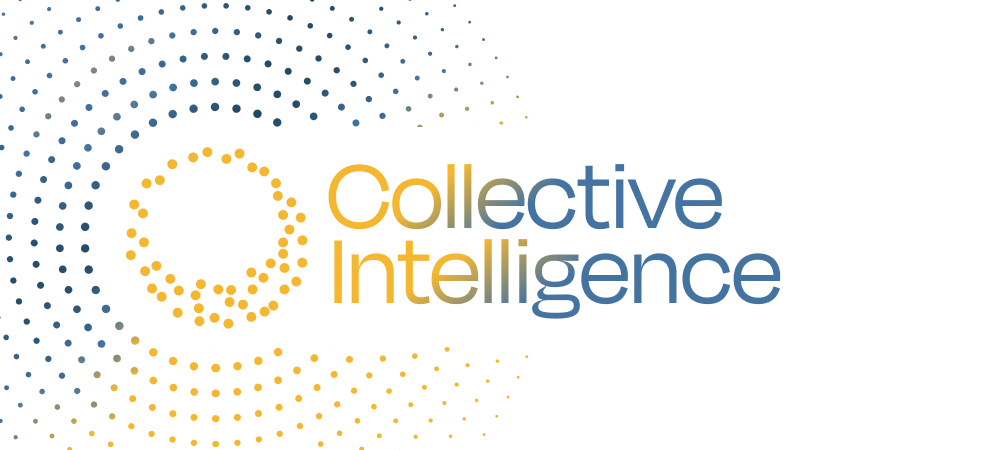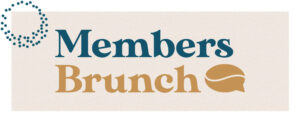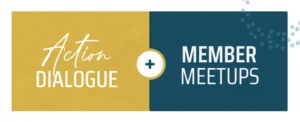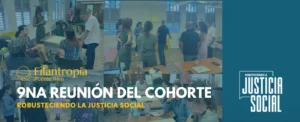FiPR News Segundo Brunch de Membresía de 2024...
Read MoreGrantees In Action
Investigations to support child/youth poverty public policy development
- January 01, 2020
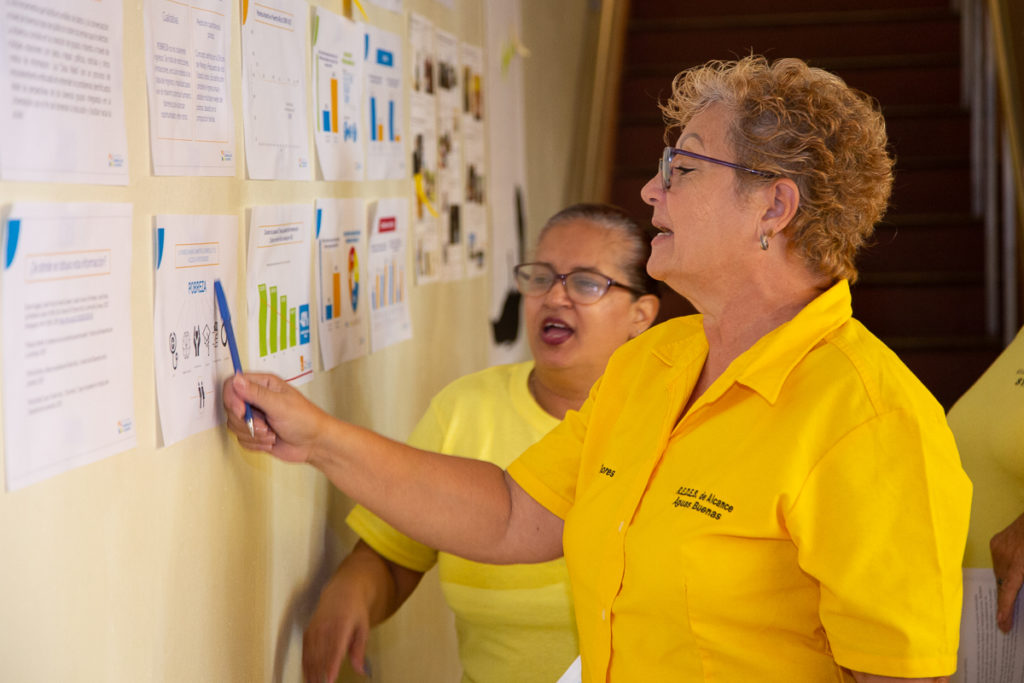

Instituto del Desarrollo de la Juventud (IDJ) undertook two investigations that have contributed to the development of public policies related to child and youth poverty: A Future of Child Poverty: How Much It Costs and What We Can Do about It and The Effects of COVID-19 on the Economic Security of Families and Children in Puerto Rico: Vulnerabilities, Projections, and Recommendations. IDJ presented the studies to key representatives of decision-making sectors both in Puerto Rico and the US mainland. A key achievement of these efforts is the inclusion of US territories in the Pandemic EBT program, which was one of the recommendations of the COVID-19 investigation mentioned above. This win has strengthened food security for children and youth during the pandemic by providing food benefits to Puerto Rican families that would normally receive free or reduced-price school meals through the federal School Breakfast or National School Lunch Programs.
These investigations have also laid the groundwork for other public policy efforts undertaken by IDJ. As part of a strategy to inform the 2020 election process, IDJ published a plan to guide the implementation of 10 public policies that, according to their investigation A Future of Child Poverty, could significantly reduce childhood poverty on the island in 3, 5, and 10-year terms. They also launched a digital platform to track the gubernatorial candidates’ positions on these policies. Four of the six candidates provided answers to the 11 questions IDJ included in the platform.
IDJ also provided advocacy training for communities to build their knowledge on issues of child and youth poverty, and tools to help them advocate for solutions to the problems they face. Over 50 mothers, grandmothers, and youth attended two of IDJ’s Advocacy Academies, where they actively participated in workshops to build their personal narrative, and learn about community-based mobilization and how to promote causes on social networks. They also participated in data exhibitions that allowed them to interact with statistics that they can use for advocacy. Following this, a group of these mothers wrote a letter to local newspapers pleading to make “work pay” which allows low-income workers to improve their living standards through lower taxation.
Share
More Grantees In Action
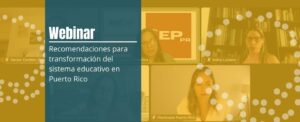

CEMGAP: Cinco estudios relacionados a la transformación del sistema educativo en Puerto Rico
CEMGAP: Cinco estudios relacionados a la transformación del sistema educativo en Puerto Rico Share on facebook Share on twitter Share on linkedin https://youtu.be/2OPkFg22bhY El pasado jueves 2 de junio de
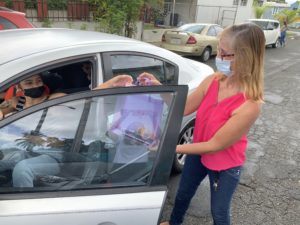

Grantees Increase Resiliency and Sustainability through Fiscal and Financial Strategies
Grantees In Action Grantees Increase Resiliency and Sustainability through Fiscal and Financial Strategies A Montessori assisttant hands off educational materials to students. FORWARD Puerto Rico Fund’s grantees have strengthened their

